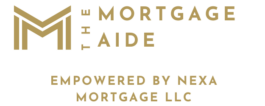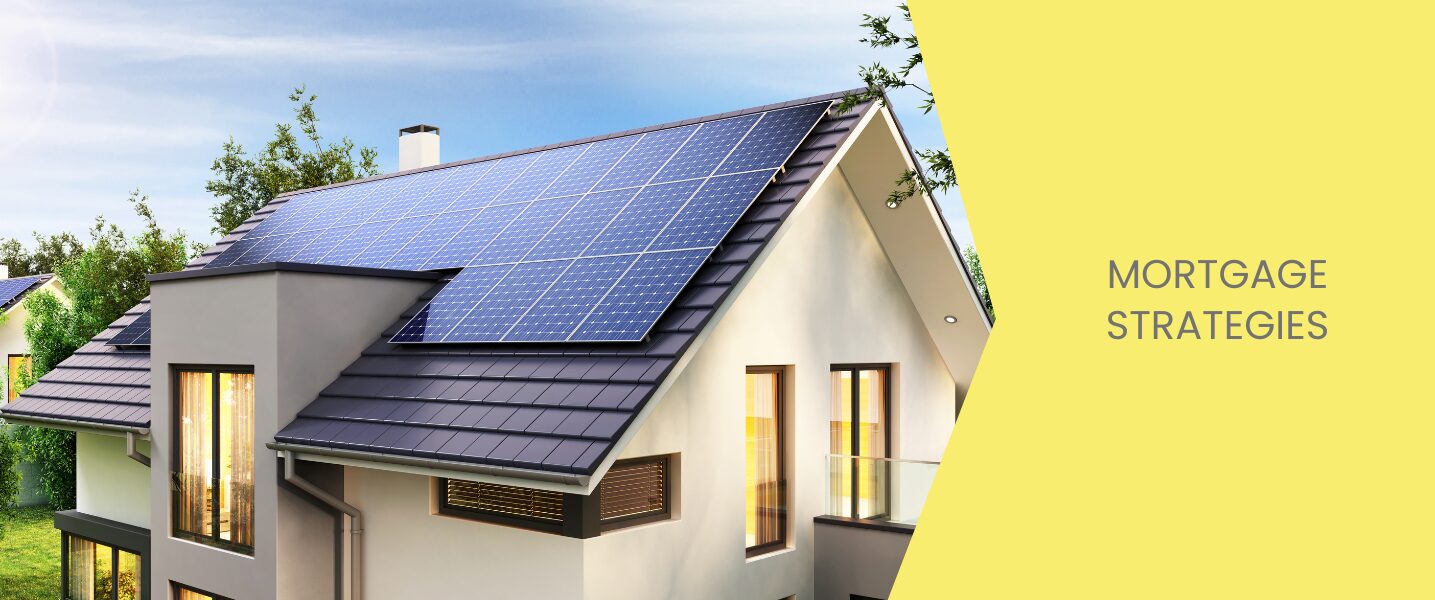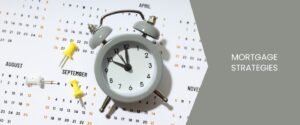Who Actually Owns the Panels?
Not all solar panels are owned by the homeowner. Some are leased, others are financed, and some are owned outright. This matters—a lot.
Owned outright: The seller paid for them in full. Great news! You’ll likely benefit from lower energy bills with no strings attached.
Leased panels: The seller may have entered a long-term lease with a solar company. You’ll need to take over that lease, which can affect your debt-to-income ratio and potentially complicate your mortgage approval.
Financed panels: If there’s a loan on the panels, the seller might transfer the loan to you, or pay it off before closing. Either way, it’s something your lender needs to know.
Pro tip: Always ask for a copy of the solar agreement early in the buying process.
Will the Panels Affect Your Mortgage Approval?
They can. If there’s a lease or loan associated with the panels, it could show up on your credit or be treated like other recurring debts by your lender. This impacts your debt-to-income ratio, which is a key factor in getting approved.
As a mortgage professional, I help my clients navigate this upfront so there are no surprises during underwriting.
How Will Solar Impact Your Insurance and Appraisal?
Solar panels can increase the value of the home—but only if they’re owned outright. Leased panels don’t always boost the appraisal value.
You’ll also want to make sure your homeowners insurance covers any damage to the panels. Some policies include them automatically, others require an add-on.
Can You Remove or Modify the System Later?
Want to change the roof in a few years? Lease agreements often include restrictions or require the solar company to handle panel removal and reinstallation—which can be costly. If the panels are owned, it’s up to you.
Will You Really Save Money?
It depends on your energy usage, local utility rates, and the terms of the solar agreement. Some homeowners see substantial savings, while others find the monthly lease or loan payment eats up most of the benefit.
Ask the seller for their utility bills from the past 12 months so you can compare costs before and after solar was installed.
Final Thoughts: Bright Idea or Buyer Beware?
Buying a home with solar panels can be a smart move—but only if you understand what you’re taking on. The key is transparency. Don’t be afraid to ask questions, review contracts, and talk to your lender early in the process.
As a mortgage expert, I’m here to help you make confident, informed decisions—whether the roof over your head is powered by the sun or not.
Need help navigating the homebuying process with solar panels involved? Let’s talk! I’ll walk you through your options and make sure everything goes smoothly from offer to close.




